|
How long does it take to reach some goals? Well, some are achieved relatively quickly, but others, well, they can take many years. Take a look at the journey of Jason Day from starting out to number one in the world. How many tournaments has he played in? How many practice shots has he hit? How many poor rounds has he had? How many times has he wanted to give up? How many miles has he traveled? How many dollars has he invested? How many years did it take him? The road is longer for some, shorter for others. But whichever way you choose to look at it, it is not for the unrealistic.
However, if you are extremely determined, well funded, have a great team of experts around you, and you have the capacity to continually seek improvement despite constant set-backs--and you can really play, then there's nothing really stopping you from chasing your dream. Just remember that it is a very long and winding path, and most travelers will give up along the way. That's why there's so few at the top... But don't let that stop you. Lawrie Montague and David Milne - Pro Tour Golf College As a psychologist to amateur and professional golfers, part of my day job involves walking the course analyzing their habits and response patterns to situations during tournaments. Caddies would agree that you can see a lot as a quiet observer, the things that player’s themselves under-estimate as the real causes of a great day on the course or a poor result. My on-course analysis work has confirmed what I believe to be the one mental skill that can make all the difference in the outcome of your game and ultimately your fate in keeping your tour card at the end of the season. Some will argue that the most important mental skill has to be confidence. My question would be, confidence in what? In a previous article you can read here, I discussed the danger in relying on ball striking and scoring as your primary sources for confidence. 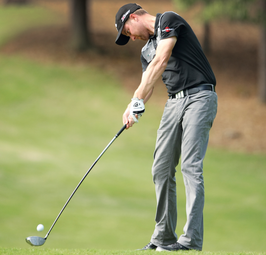 Ball striking and scoring are results-focused and inconsistent, and therefore can leave you feeling a high level of uncertainty going into most rounds. A results-only focus will set you up to believe that ‘you are only as good as your last result’, and after a poor round this leads to the process of hitting the range to perfect your swing mechanisms and questioning your talent, rather than objectively looking at the finer process of your game. The one mental skill that connects you to the finer process of your game is emotional control. Most tour players know they should have self-control on the course, but it is rare to actually see, and I witness a lot of talented players missing cuts when they are hitting it well enough to finish in the top 10. This scenario might sound familiar: A minor unforced error is made such as, a 3-putt on the first par-5 after a solid shot to the green in two. There is a moment in which the player has a choice to respond effectively, OR carry that frustration to the next tee, complaining to your caddy down the next fairway and suddenly your attitude toward the round is altered. Mediocre shots follow, more unforced errors, and finally the resounding statement that “nothing is going my way today.” "The one mental skill that connects you to the finer process of your game is emotional control." 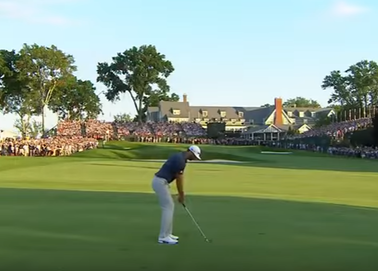 You rarely see negative players get lucky breaks, you have to open yourself to the positive possibilities and that only comes with self-control and understanding the art of letting go of an error before your next shot. Consider Dustin Johnson’s superb display of emotional control on the final day of the 2016 US Open at Oakmont. How might the closing holes have turned out if he had allowed the distasteful announcement of his penalty on the 12th Tee to affect his subsequent holes? He remained composed and hitting the 6-iron of his life on the final hole — from 192 yards out to 3 feet, says it all. Regardless of whether you have a right to be frustrated over uncontrollable events, you always have a choice to respond differently in the moment. You can take the path of least resistance and let your instinctual brain take over with negative emotions, OR you can choose the higher-order, mindful approach to remain focused on the task at hand. It isn’t the easy approach, it does take deliberate effort, but it can create the massive contrast between winning and losing, failing or succeeding with your goal. 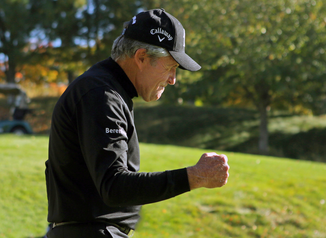 Excellent emotional control takes planning and practice. A lot of player’s expect self-control just to happen when they need it, but it doesn’t work like that. When I work with an golfer, we spend time creating a strategy that fits them, and it involves ONE key action and ONE thought reminder to help them process the mistake, let it go, and focus quickly on the next shot. This specific strategy is then deliberately practiced and reviewed. A simple but powerful technique to get started with your emotional control strategy can involve this process:
Commit to working on your emotional control this season and I guarantee you will see some good changes take shape in your overall performance. Dr. Jay-Lee Nair |
Archives
June 2019
|
Proudly Supported By
Copyright © 2011 - 2018 Pro Tour Golf College
Website Managed By Golf Performance Media
All Rights Reserved
Website Managed By Golf Performance Media
All Rights Reserved

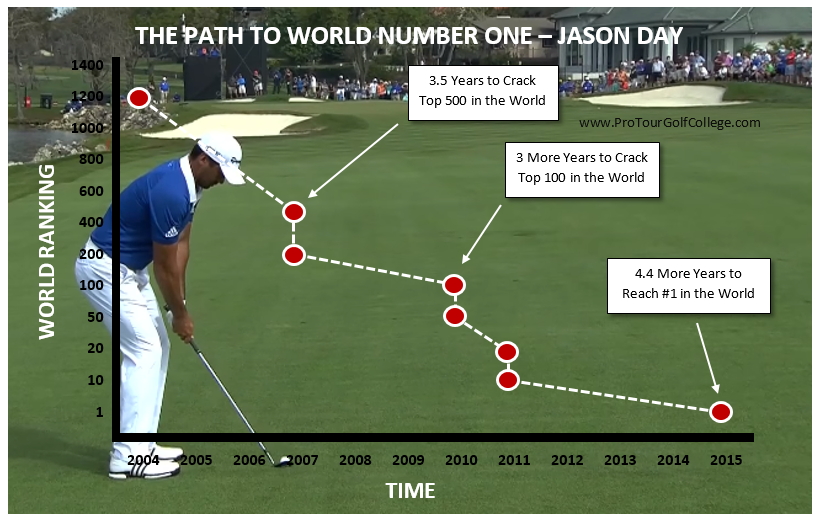

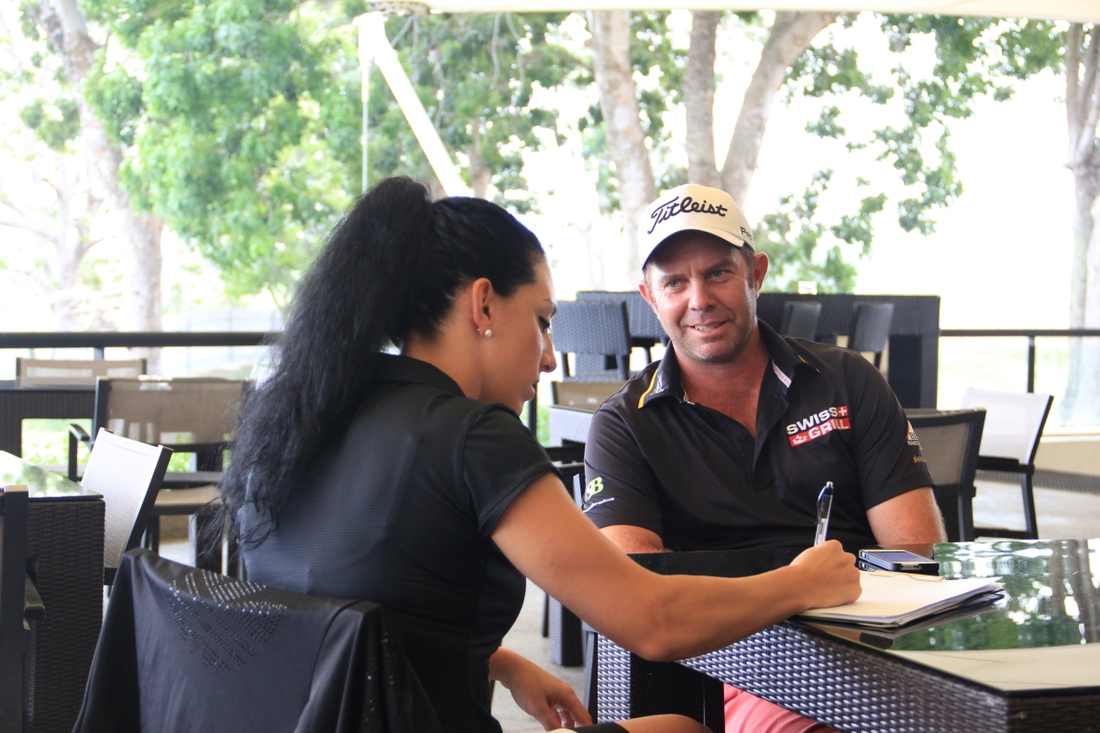

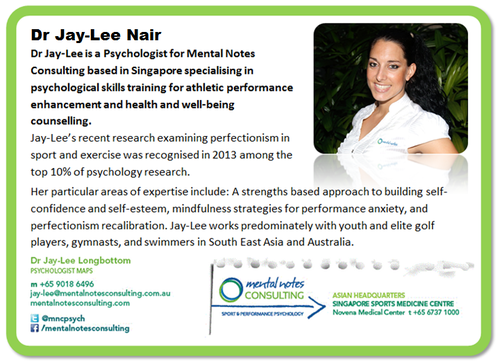
 RSS Feed
RSS Feed



